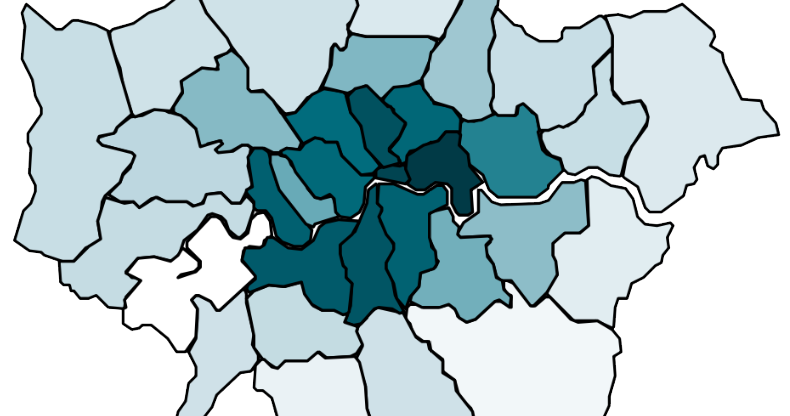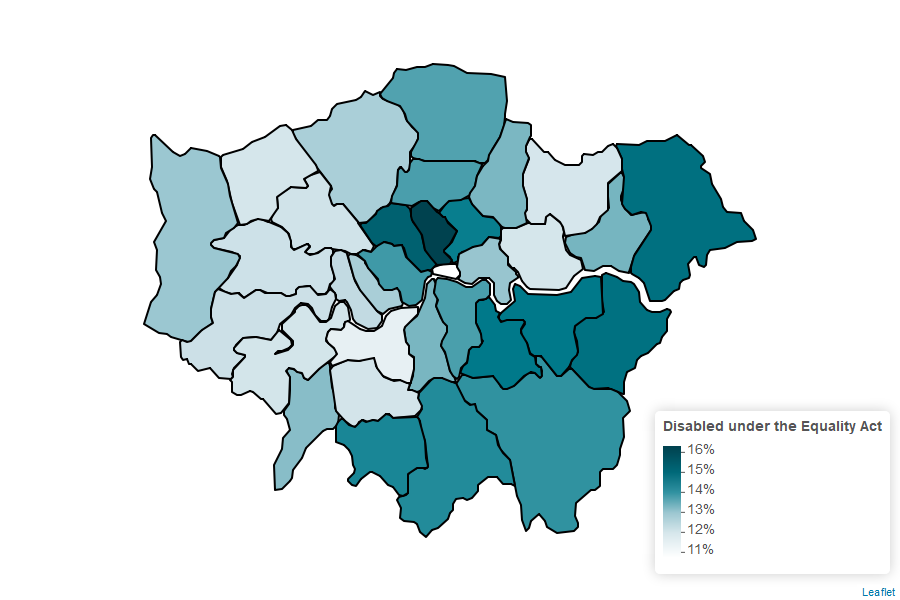You Ate My Chart: A Deep Dive into the Information Deprivation of Fashionable Healthcare
Associated Articles: You Ate My Chart: A Deep Dive into the Information Deprivation of Fashionable Healthcare
Introduction
With enthusiasm, let’s navigate by means of the intriguing subject associated to You Ate My Chart: A Deep Dive into the Information Deprivation of Fashionable Healthcare. Let’s weave attention-grabbing info and supply contemporary views to the readers.
Desk of Content material
You Ate My Chart: A Deep Dive into the Information Deprivation of Fashionable Healthcare

The phrase "You ate my chart" is not only a annoyed outburst from a affected person navigating the complexities of the fashionable healthcare system; it is a symptom of a far deeper, extra systemic challenge. It speaks to the irritating, typically opaque, and generally downright infuriating expertise of accessing one’s personal medical info. This is not merely about inconvenience; it is a couple of basic breakdown in affected person empowerment and the potential for severe penalties for each particular person well being and the broader healthcare panorama.
The "chart" itself – the great document of a affected person’s medical historical past, together with diagnoses, therapies, check outcomes, and physician’s notes – is the cornerstone of efficient healthcare. It is the muse upon which knowledgeable choices are made, continuity of care is ensured, and in the end, higher well being outcomes are achieved. But, accessing this important info typically seems like navigating a labyrinthine forms, a irritating and generally not possible job.
The explanations behind the "You ate my chart" phenomenon are multifaceted and sophisticated. They vary from outdated technological infrastructure and insufficient knowledge sharing protocols to deeply ingrained cultural norms throughout the medical occupation and a scarcity of patient-centric design in healthcare programs.
The Technological Labyrinth: Many healthcare suppliers nonetheless depend on antiquated paper-based programs, making accessing info gradual, cumbersome, and susceptible to errors. Even with the rising adoption of digital well being information (EHRs), interoperability stays a big problem. Completely different programs typically do not "discuss" to one another, creating info silos that stop seamless knowledge sharing between suppliers. A affected person might need a complete document at one hospital, however after they search care elsewhere, that info is inaccessible, forcing them to repeat assessments and procedures, resulting in delays in therapy and pointless prices. The consequence? A fragmented and incomplete image of a affected person’s well being, leaving each the affected person and their healthcare group working at midnight.
The Human Issue: Communication Breakdown and Cultural Obstacles: The issue is not solely technological. Communication breakdowns between healthcare suppliers and sufferers play a big position. Many sufferers are unaware of their rights to entry their medical information, or they discover the method too formidable to navigate. Healthcare professionals, burdened by heavy workloads and sophisticated administrative duties, could not prioritize affected person training or facilitate easy accessibility to info. A scarcity of clear and concise communication, coupled with medical jargon that sufferers could not perceive, additional complicates the difficulty. The prevailing paternalistic mannequin of healthcare, the place medical doctors historically held the only real authority over medical info, additionally contributes to the issue. This outdated method must shift in the direction of a extra collaborative and patient-centered mannequin, the place sufferers are lively individuals in their very own healthcare journey.
Information Privateness Issues and Regulatory Hurdles: Whereas the significance of knowledge privateness is paramount, stringent laws designed to guard delicate medical info can inadvertently create obstacles to affected person entry. Navigating the authorized and regulatory panorama could be difficult, even for healthcare professionals, not to mention sufferers making an attempt to entry their very own knowledge. The complexities of HIPAA (Well being Insurance coverage Portability and Accountability Act) within the US, and comparable laws in different international locations, can create bureaucratic hurdles that delay entry to info. Whereas these laws are essential for safeguarding affected person privateness, they must be balanced with the necessity for sufferers to simply entry their very own medical knowledge.
The Financial Impression: The lack to entry one’s medical information has vital financial implications. Repeated assessments and procedures as a consequence of a lack of expertise translate into elevated healthcare prices for each the person and the healthcare system as an entire. Delayed diagnoses and coverings as a consequence of info silos can result in extra severe well being issues and better long-term prices. The financial burden of inefficient knowledge administration is substantial, highlighting the necessity for systemic modifications to enhance knowledge accessibility and interoperability.
The Affected person Empowerment Crucial: The "You ate my chart" phenomenon underscores the pressing want for higher affected person empowerment in healthcare. Sufferers have a basic proper to entry and perceive their medical info. This isn’t nearly satisfying curiosity; it is about enabling knowledgeable decision-making, selling higher well being outcomes, and fostering a extra equitable and efficient healthcare system. Empowered sufferers usually tend to actively take part of their care, adhere to therapy plans, and advocate for their very own wants.
Transferring Ahead: Options and Methods: Addressing the "You ate my chart" downside requires a multi-pronged method:
- Investing in interoperable EHR programs: The healthcare business must prioritize the event and implementation of EHR programs that may seamlessly share knowledge between suppliers. This requires vital funding in expertise and infrastructure, however the long-term advantages when it comes to improved care and price financial savings far outweigh the preliminary prices.
- Enhancing affected person portals and on-line entry: Consumer-friendly affected person portals that permit sufferers to simply entry their medical information, schedule appointments, and talk with their healthcare suppliers are essential. These portals must be designed with accessibility in thoughts, making certain that they’re simple to navigate for sufferers of all ages and technological skills.
- Strengthening affected person training and communication: Healthcare suppliers must prioritize affected person training about their rights to entry their medical information and the significance of actively taking part of their care. Clear and concise communication, avoiding medical jargon, is crucial.
- Streamlining regulatory processes: Whereas knowledge privateness is crucial, regulatory frameworks must be reviewed and streamlined to make sure that they do not inadvertently create boundaries to affected person entry. A steadiness should be struck between defending affected person privateness and enabling easy accessibility to 1’s personal medical info.
- Selling a patient-centered method: The healthcare system must shift from a paternalistic mannequin to a extra collaborative and patient-centered method, the place sufferers are lively individuals in their very own healthcare journey. This requires a cultural shift throughout the medical occupation, emphasizing the significance of affected person empowerment and shared decision-making.
The "You ate my chart" expertise is not simply an remoted incident; it is a symptom of a damaged system. By addressing the technological, human, and regulatory challenges that contribute to this downside, we are able to transfer in the direction of a extra equitable and efficient healthcare system that actually empowers sufferers and places them on the middle of their very own care. Solely then can we hope to eradicate the frustration, and the potential for severe hurt, attributable to this pervasive challenge.








Closure
Thus, we hope this text has supplied priceless insights into You Ate My Chart: A Deep Dive into the Information Deprivation of Fashionable Healthcare. We respect your consideration to our article. See you in our subsequent article!